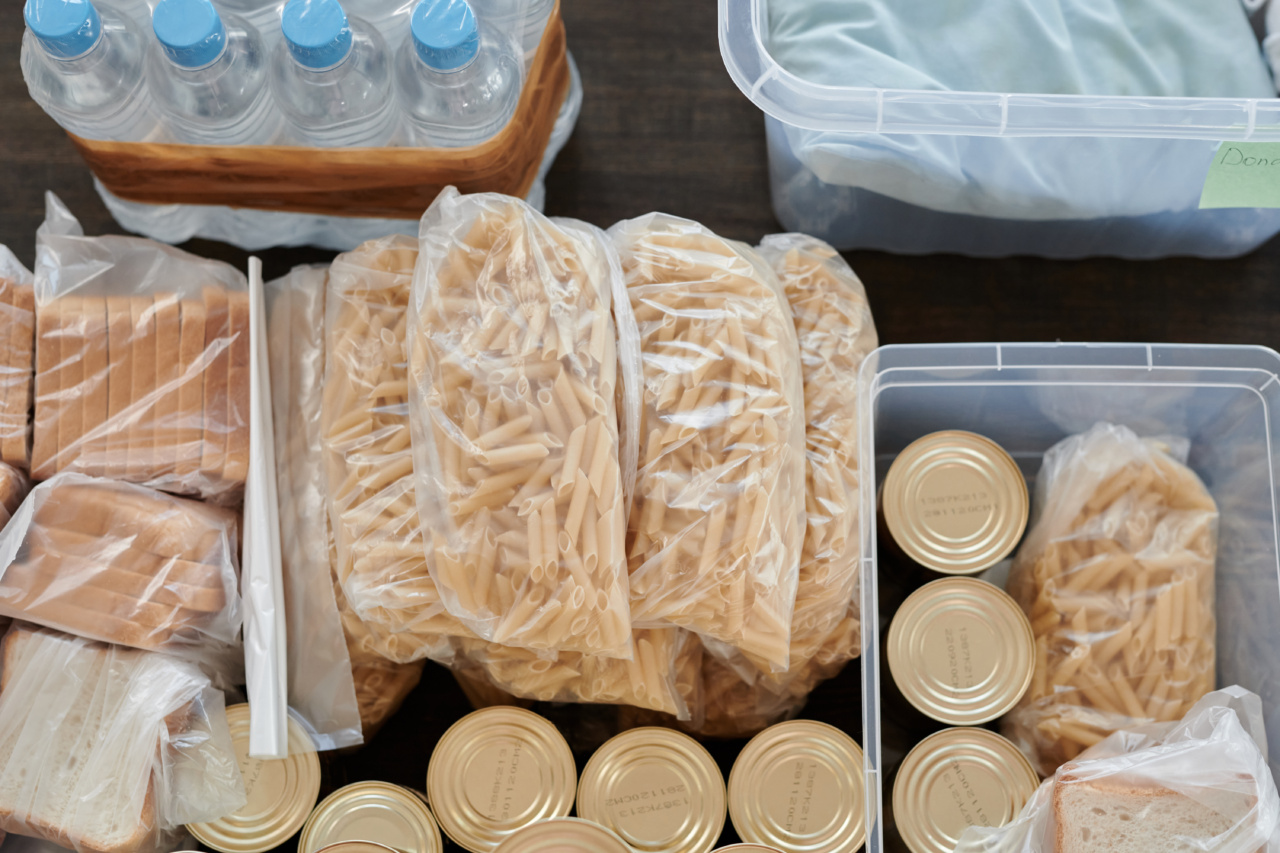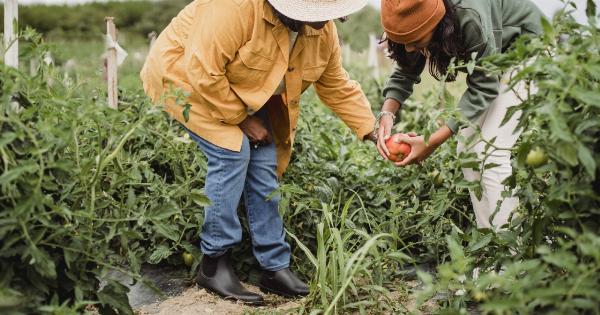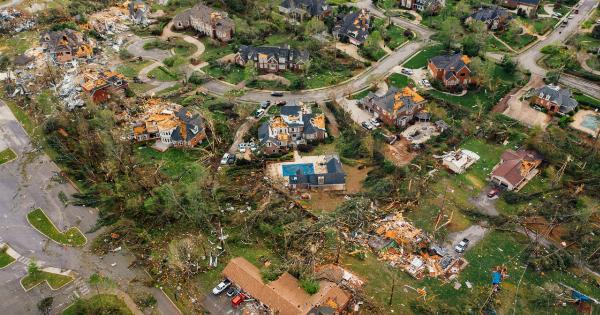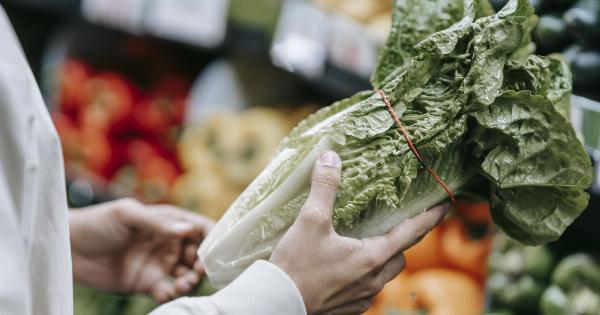Raw food diets have gained popularity in recent years, with proponents claiming numerous health benefits.
While there are indeed advantages to incorporating raw foods into your diet, it is important to be aware of the potential hazards associated with consuming certain raw foods. Raw foods can harbor harmful bacteria, parasites, and toxins that can lead to foodborne illnesses and other health complications.
In this article, we will explore nine common raw foods that may pose risks to your health if not handled and prepared properly.
1. Raw Eggs
Eating raw eggs may expose you to Salmonella bacteria, which can cause food poisoning. While there is a low risk of infection, it is advisable to avoid consuming raw eggs, especially if you are pregnant, elderly, or have a weakened immune system.
Cooking eggs thoroughly can help eliminate the potential bacteria.
2. Raw Meat and Seafood
Consuming raw or undercooked meat and seafood can result in infections caused by bacteria such as E. coli, Salmonella, and Campylobacter. These pathogens can lead to severe food poisoning symptoms, including vomiting, diarrhea, and abdominal pain.
It is crucial to cook these foods at appropriate temperatures to kill off any harmful bacteria.
3. Raw Milk and Cheese
Raw milk and cheese may contain harmful bacteria like Listeria, E. coli, and Salmonella. These bacteria can cause serious illnesses, particularly in children, pregnant women, and individuals with compromised immune systems.
Opt for pasteurized dairy products to minimize the risk of contamination.
4. Raw Sprouts
Raw sprouts, including alfalfa and bean sprouts, can carry bacteria such as Salmonella, E. coli, and Listeria. These bacteria can thrive and multiply during the sprouting process, making them risky to consume.
Cooking sprouts thoroughly before eating can help reduce the risk of foodborne illnesses.
5. Raw Shellfish
Oysters, clams, mussels, and other types of raw shellfish can contain Vibrio bacteria, which can cause infections that lead to severe stomach cramps, vomiting, and diarrhea.
Individuals with liver disease, diabetes, or weakened immune systems are particularly susceptible. Properly cooking shellfish is crucial to kill these bacteria and minimize the risk of illness.
6. Raw Honey
While honey is known for its various health benefits, raw honey may sometimes contain Clostridium botulinum spores, which can lead to botulism poisoning in infants. This is why it is not recommended to feed raw honey to infants under one year old.
Heating honey before consumption can help eliminate these spores.
7. Raw Potatoes
Raw potatoes contain toxic compounds called glycoalkaloids, which can cause symptoms such as nausea, diarrhea, and even neurological issues if consumed in large amounts. Proper cooking destroys these compounds, making cooked potatoes safe to eat.
8. Raw Kidney Beans
Kidney beans contain a toxin called lectin, which is deactivated by cooking. Consuming raw kidney beans can lead to symptoms like severe vomiting and diarrhea due to lectin poisoning.
It is important to soak and cook kidney beans adequately before consumption to neutralize the toxin.
9. Raw Rhubarb Leaves
While rhubarb stalks are safe to consume, the leaves contain oxalic acid and anthraquinone glycosides, which can be toxic if ingested in significant quantities.
Raw rhubarb leaves can cause symptoms such as difficulty breathing, seizures, and kidney damage. It is crucial to avoid eating raw rhubarb leaves and limit consumption to the edible stalks only.
It is essential to prioritize food safety when consuming raw foods. Proper handling, washing, and cooking techniques can significantly reduce the risk of foodborne illnesses associated with raw foods.
Additionally, individuals with compromised immune systems, pregnant women, young children, and the elderly should exercise extra caution when consuming raw foods. By being aware of the potential hazards and taking necessary precautions, you can enjoy the benefits of raw food diets while minimizing the risks.



























